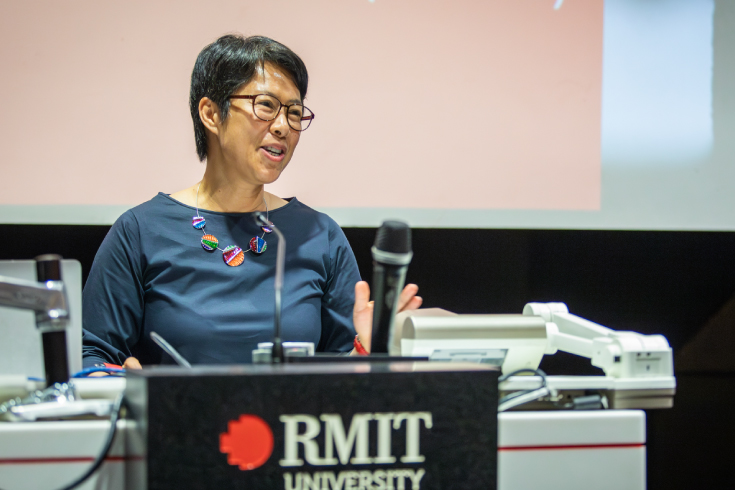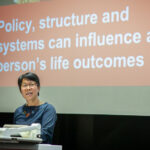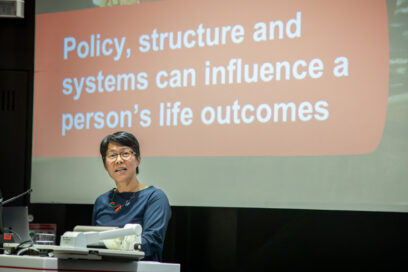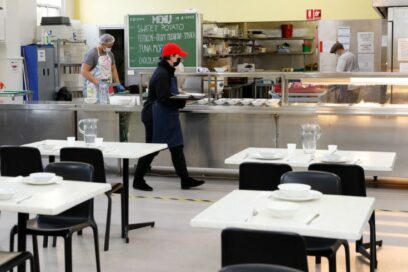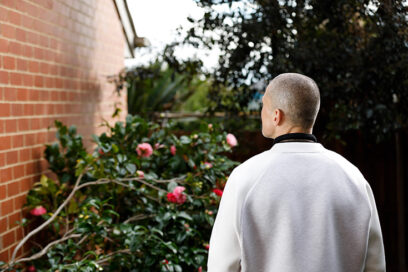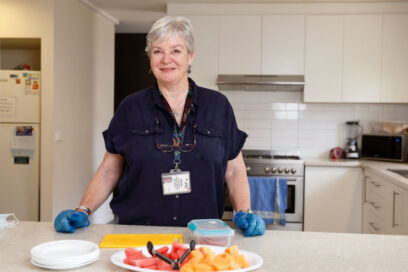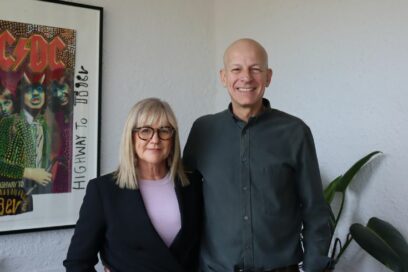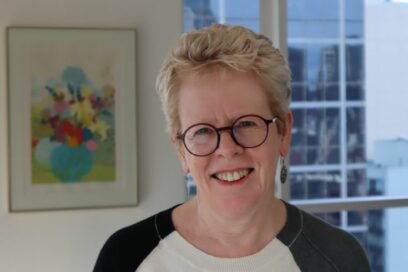Climate change disproportionately affects people on low incomes. People experiencing financial or social disadvantage are impacted by climate change first, worse, and longest because they have access to fewer resources to cope, adapt and recover.
Recently released research by Victorian Council of Social Services (VCOSS) shows the link between Melbourne’s hottest and most disadvantaged suburbs. According to VCOSS,
- Poorer people are living in hotter suburbs, often in cheaper housing, and feeling the heat a lot more.
- For low-income Victorians in ‘heat island’ suburbs, the local environment is working against them.
- Extreme heat is a threat to everybody, but especially those already living with a health condition or on a low-income.
- Living on a low-income or with a health condition severely limits your ability to prepare for a heat wave and stay cool.
We see an increase in our drop-in services on really hot and cold days.
Part of the solution is greening our suburbs; more trees, more parks and less concrete.
But we also need to that recognise people on lower incomes, who live in cheaper housing in hotter areas, need extra support to deal with heat.
We need more investment to help low-income households keep cool, including free housing retrofits to enhance energy efficiency and comfort.
An example is housing. People on low incomes have little ability to change their housing situation, because the market is so competitive. Much of our public housing is old and of poor quality, meaning that heating and cooling these homes is extremely expensive and appliances are not very efficient.
Private renters are reliant on landlords to ensure their properties are robust and will withstand a range of weather conditions, as well as being efficient in a time of rising energy prices. They cannot control energy efficiency of the appliances in their homes, install blinds or double-glazed windows, solar panels, batteries or water tanks; where owners can. If you are on a low income, this is even worse because there is little choice in the properties available and it is very difficult to move.
People on low incomes are also most vulnerable to the rising energy prices. Though we have concessions and discounts for people on income support payments, it doesn’t fundamentally change the price of energy, or the difficulties in navigating the energy market. Every gas and electricity retailer makes their pricing difficult to understand, and interacting with providers largely occurs online – which is inaccessible for many people.


